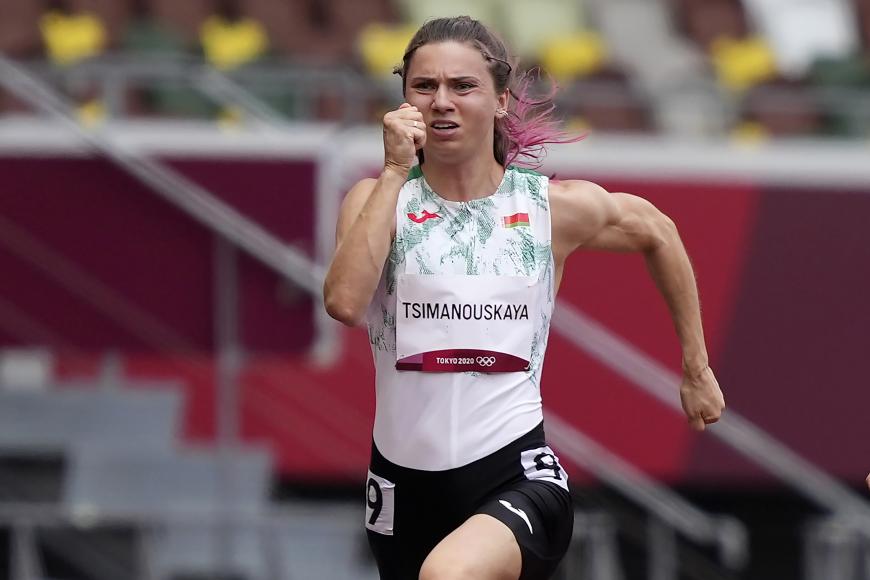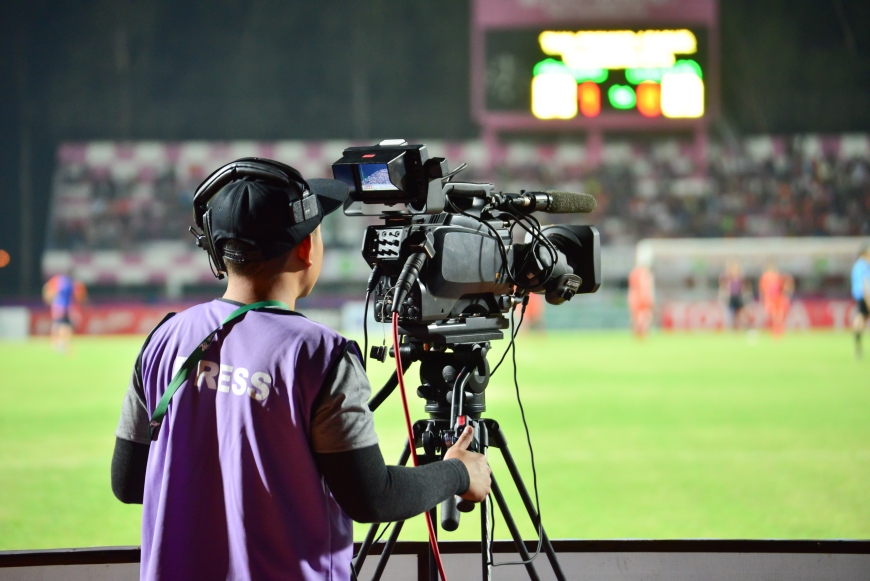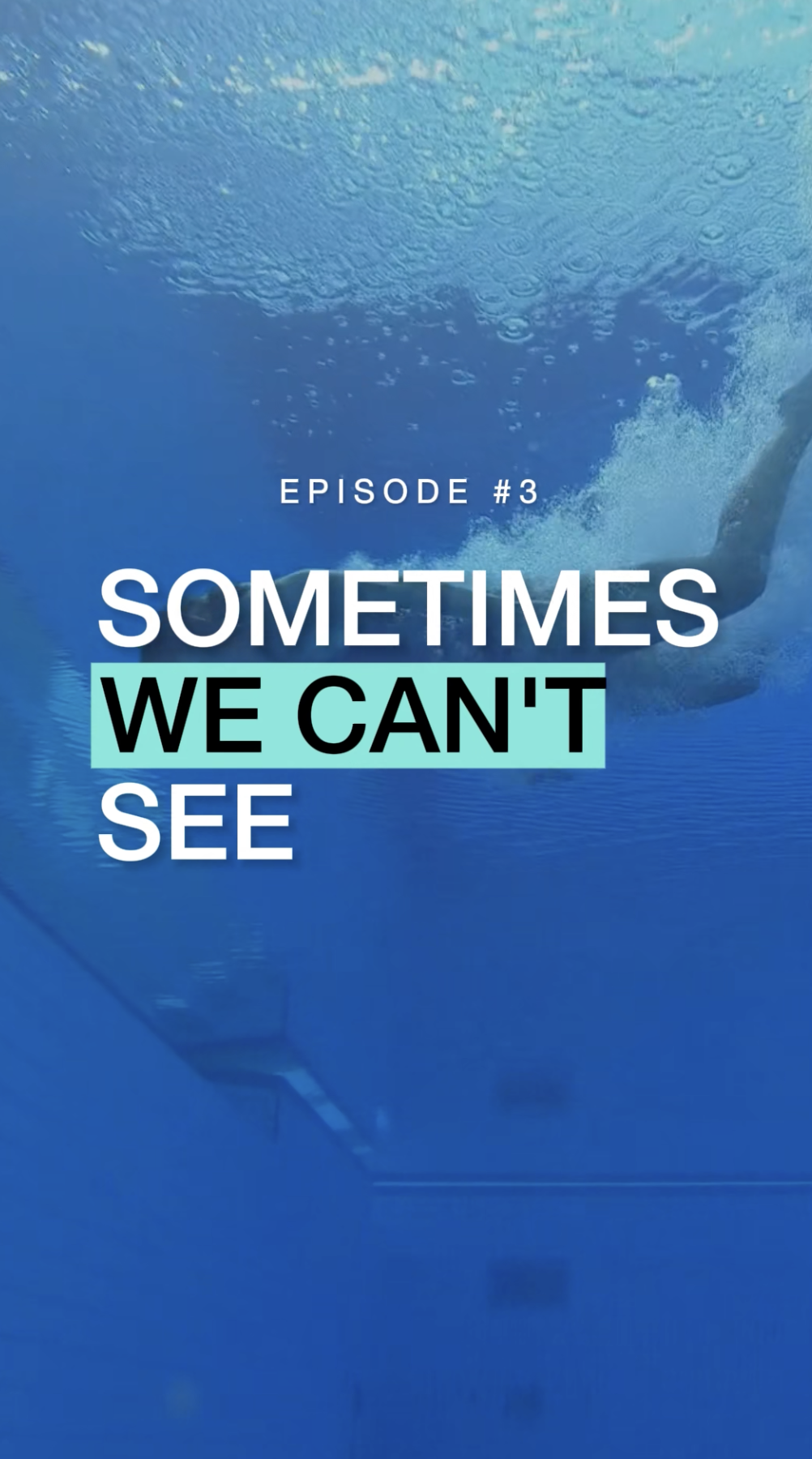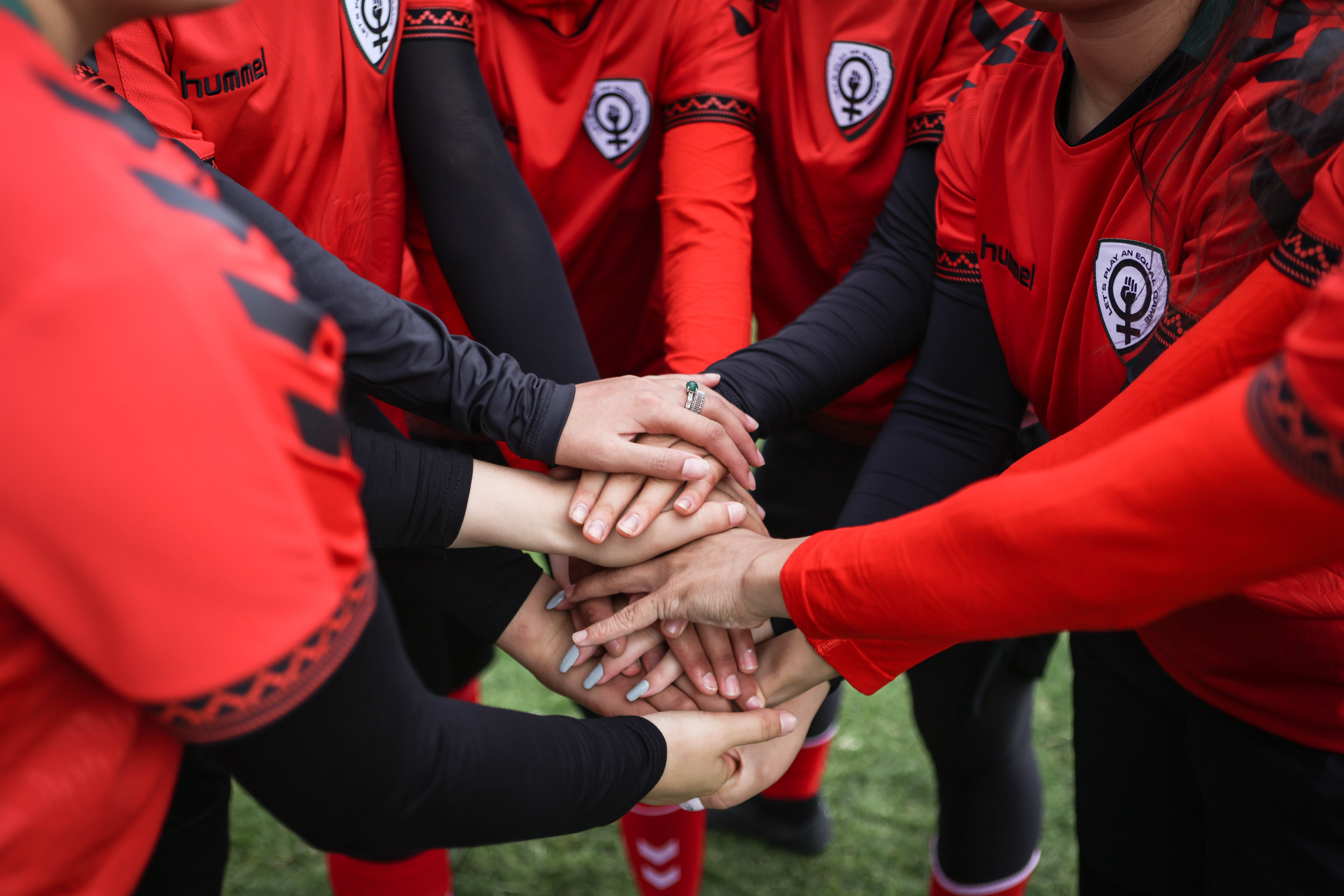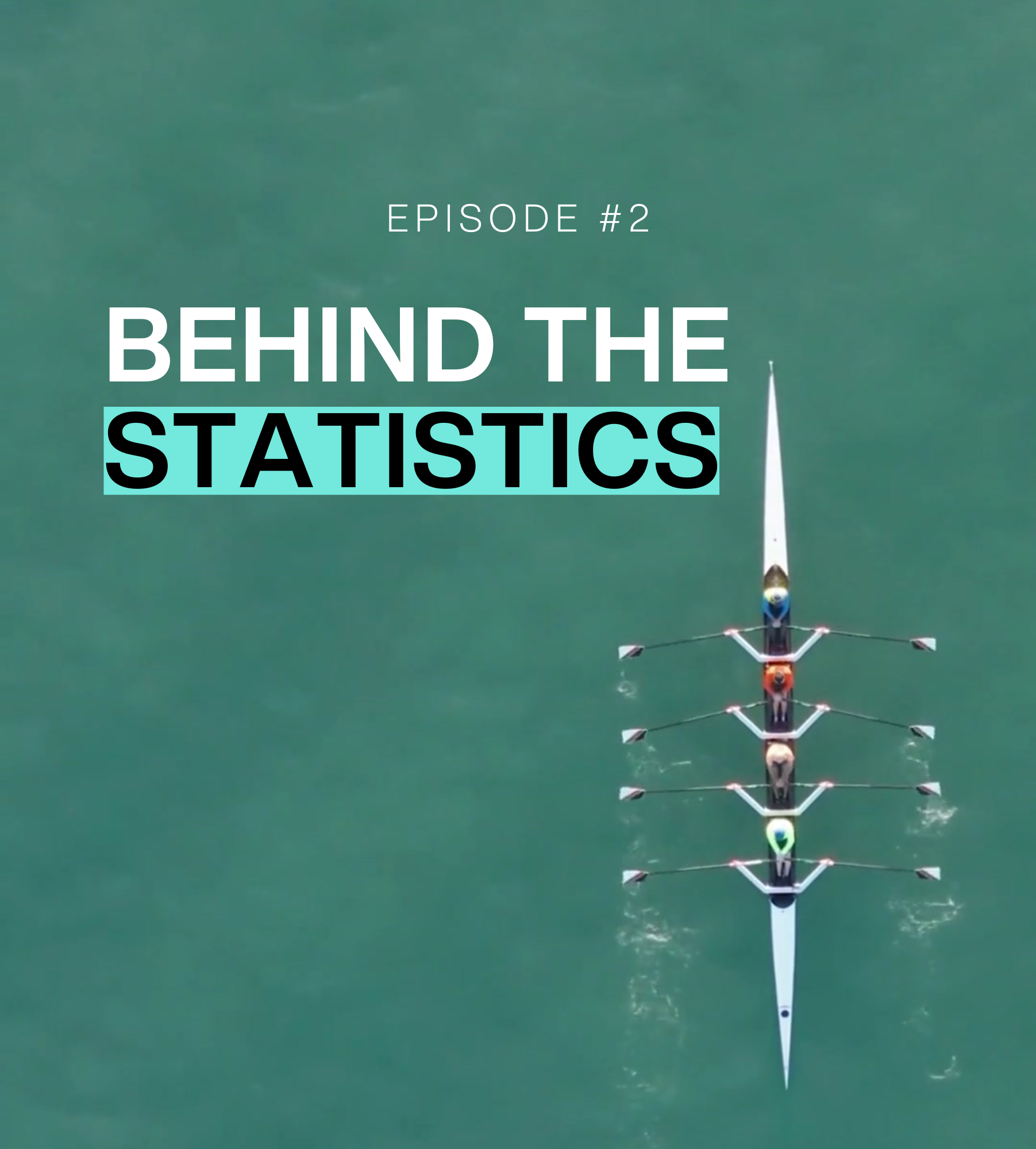International Olympic Committee Should Adopt Human Rights Policy
On Sunday, Belarusian track and field athlete Krystsina Timanovskaya refused to let government authorities forcibly return her to Belarus from the Olympics, seeking instead protection at Tokyo’s international airport. She has since reportedly been offered asylum in Poland.
Timanovskaya, a 200-meter sprinter, said she feared for her safety in Belarus after she criticized her coaches in an Instagram post because they registered her for the 4×400 relay, an event she’d never trained for, without ever consulting her. Her ordeal is a glaring example that politics and human rights abuses cannot be kept separate from sport. And it shows how national Olympic systems can assist rights-abusing governments.
Athletes – along with protesters, journalists, rights defenders, and political opposition figures –have been harassed and jailed in Belarus since an unprecedented wave of largely peaceful mass protests swept the country following the disputed August 9 presidential election. The vote left Aliaksandr Lukashenka, the autocratic president since 1994, in power.
In April, the authorities also pressed bogus criminal charges against The Belarusian Sports Solidarity Fund, an independent group that defends athletes in Belarus who face government reprisals.
In Belarus, sport is a major way the government controls the country’s population – by hosting propaganda events such as the European Olympic Games, or by making athletes line up behind political leaders. Lukashenka served as head of the Belarus National Olympic Committee for 23 years, and although he was forced to step down in February, his son Viktor took his place.
The Lukashenkas’ longtime control of the national Olympic committee means that the Olympic sport system is being used to intimidate and silence athletes in and from Belarus.
The global sport governing body that runs the Olympics, the International Olympic Committee (IOC), published a strategy on human rights in 2020. But with the Beijing Winter Olympics looming ahead in six months in a climate of severe human rights repression, it has not followed through.
Yet a human rights policy is needed to fight all types of abuse against athletes, by coaches and federation officials alike. Athletes like Timanovskaya do not give up their human rights when they become competitors, and that includes freedom of expression and liberty of movement.
The IOC should stop saying the Olympics are not political—when pretending they are not can put athletes at risk. It should urgently adopt human rights reforms and add human rights to the Olympic Charter to stop governments from subjecting athletes to pressure that none should ever have to endure.
